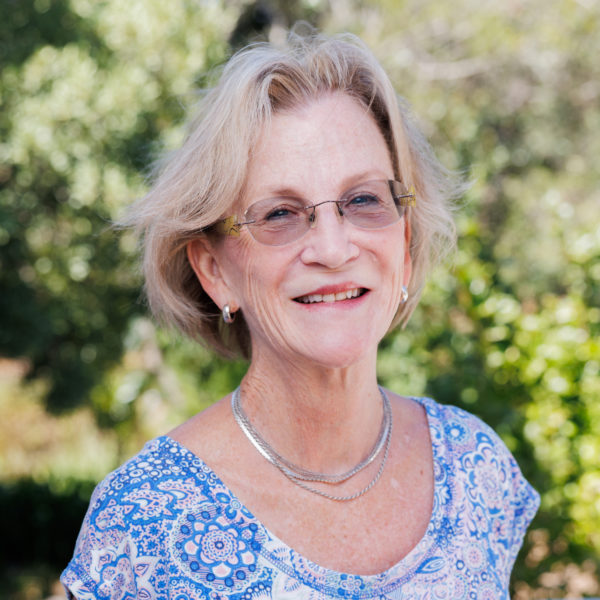Generative linguistic theory holds that language is shaped by principles hardwired in the human brain. For many years modeling of the principles was based mainly on English, taking its properties to be representative. Over time this has changed greatly for the better, yet African languages are still underrepresented. Many of their readily observable properties are poorly understood, and overlooked in areas of linguistic theory to which they are highly relevant. It is against this backdrop that I apply for funding to research several aspects of the grammar of the Xhosa language. Xhosa nouns are distributed among 15 gender-like classes. There are no articles corresponding to English a and the, yet a full range of definite and indefinite readings is available. Noun phrases exhibit greater flexibility than their English counterparts in their syntactic locations, and control remarkably abundant agreement on modifiers and predicates. My book project addresses open research questions relating to these phenomena. The goals are to further the description and analysis of the Xhosa language, and to advance our understanding of linguistic diversity and the human mind.

